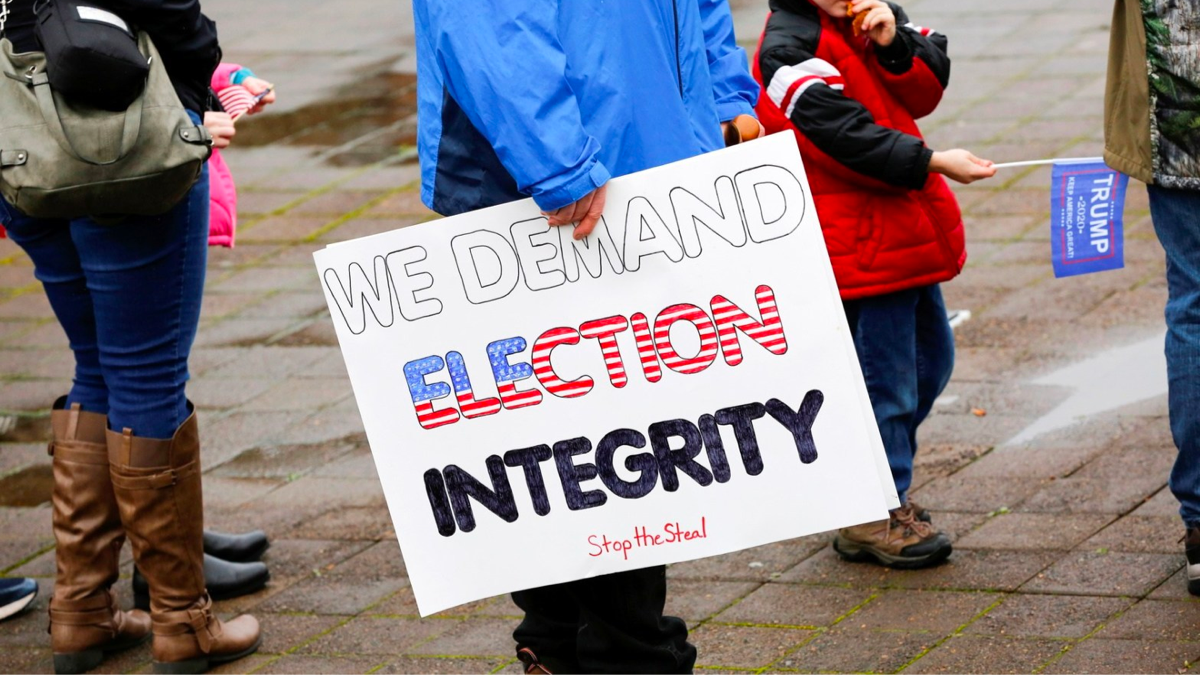

Election Integrity: Safeguarding Democracy or Unraveling Trust?
Election integrity is a critical aspect of safeguarding democracy and ensuring that the will of the people is accurately reflected in the outcome of elections. However, debates surrounding election integrity have become increasingly polarized in recent years, with some arguing that measures to enhance security and prevent fraud are necessary to maintain public trust, while others claim that such measures can disenfranchise certain groups and erode confidence in the electoral process.
One of the primary concerns related to election integrity is the prevention of voter fraud. Proponents of stricter measures argue that requiring identification at the polls, implementing voter registration verification processes, and conducting post-election audits are essential to maintain the integrity of the electoral system. They argue that these measures are necessary to prevent instances of voter impersonation, double voting, or other forms of fraud that could undermine the legitimacy of election outcomes.
For example, in the United States, voter identification laws have been implemented in several states. Supporters argue that these laws are necessary to prevent voter fraud, while opponents claim that they disproportionately affect minority and low-income voters who may face difficulties obtaining the required identification. Critics argue that such laws can lead to voter suppression and reduce the overall turnout, thus undermining the democratic process.
Another aspect of election integrity is the security of voting systems and the prevention of external interference. With the rise of technology, concerns about cyberattacks and manipulation of election results have become more prominent. Ensuring the integrity of electronic voting machines, securing voter databases, and protecting against foreign interference are crucial to maintaining trust in the democratic process.
For instance, there have been allegations of foreign interference in elections, such as the Russian meddling in the 2016 U.S. presidential election. These incidents have raised concerns about the vulnerability of electoral systems and the potential impact on the integrity of democratic processes.
However, critics argue that the emphasis on election integrity can sometimes be used as a pretext to suppress certain groups' voting rights. They argue that strict voter identification laws, purging voter rolls, and reducing early voting opportunities disproportionately affect minority communities, young voters, and individuals with lower socioeconomic status. These measures can create barriers to voting and lead to disenfranchisement, undermining the principles of democracy.
For instance, in 2013, the U.S. Supreme Court's decision in Shelby County v. Holder invalidated a key provision of the Voting Rights Act, which required certain states with a history of voter discrimination to obtain federal approval before making changes to their voting laws. Critics argue that this decision led to the enactment of stricter voter ID laws and other measures that disproportionately affected minority voters.
The debate over election integrity extends beyond the United States. In many countries, concerns about the integrity of elections have led to the establishment of independent election commissions, implementation of stricter regulations, and international monitoring to ensure transparency and fairness in the electoral process.
In conclusion, election integrity is a crucial aspect of safeguarding democracy, as it ensures that the will of the people is accurately reflected in election outcomes. However, striking a balance between implementing measures to enhance security and prevent fraud while avoiding disenfranchisement and erosion of public trust is essential. It requires careful consideration of the potential impact of various measures on different groups and ensuring that the electoral process remains accessible, transparent, and free from external interference.
Related Posts
© 2025 Invastor. All Rights Reserved

User Comments